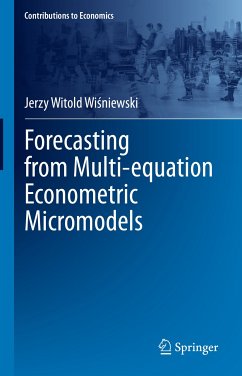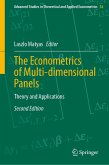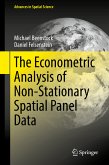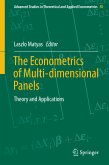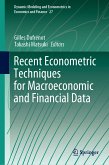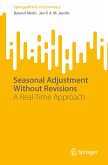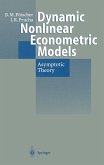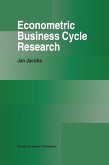In the twentieth century, significant interest in econometric macromodels emerged. These multi-equation models are mostly systems of interdependent equations, most often used to describe the national economies of various countries. The book analyzes econometric forecasting procedures and illustrates them with empirical examples that are based on real economic (mostly business-derived) data. The procedure of forecast building from systems of interdependent equations is presented for two categories of econometric models: models with a feedback effect and models with closed-loop links between interdependent variables.
The forecasts obtained via this technique are compared with the results derived from reduced-form equations of the respective econometric model. The author also generalizes the rules of the reduced-recursive (helical, iterative) procedure application, against the backdrop of the proposed method of forecast building from reduced-form equations of systems of interdependent equations. Given its scope, the book will appeal not only to PhD students and researchers, but also undergraduate students and academics in general.
Dieser Download kann aus rechtlichen Gründen nur mit Rechnungsadresse in A, B, BG, CY, CZ, D, DK, EW, E, FIN, F, GR, HR, H, IRL, I, LT, L, LR, M, NL, PL, P, R, S, SLO, SK ausgeliefert werden.

